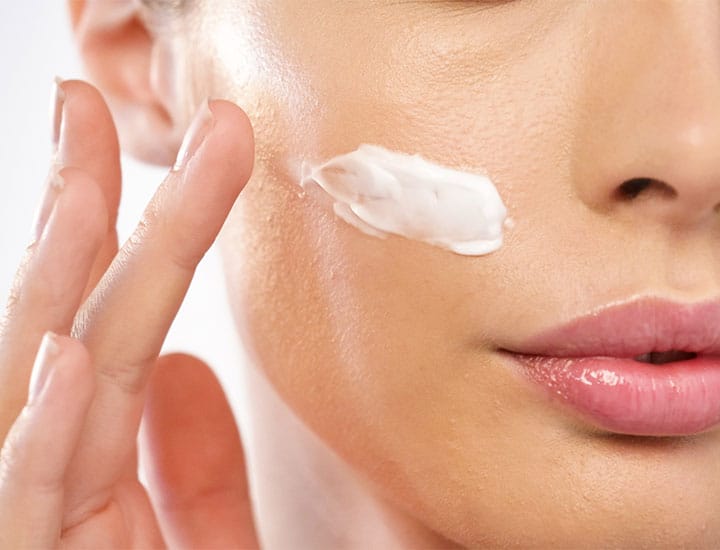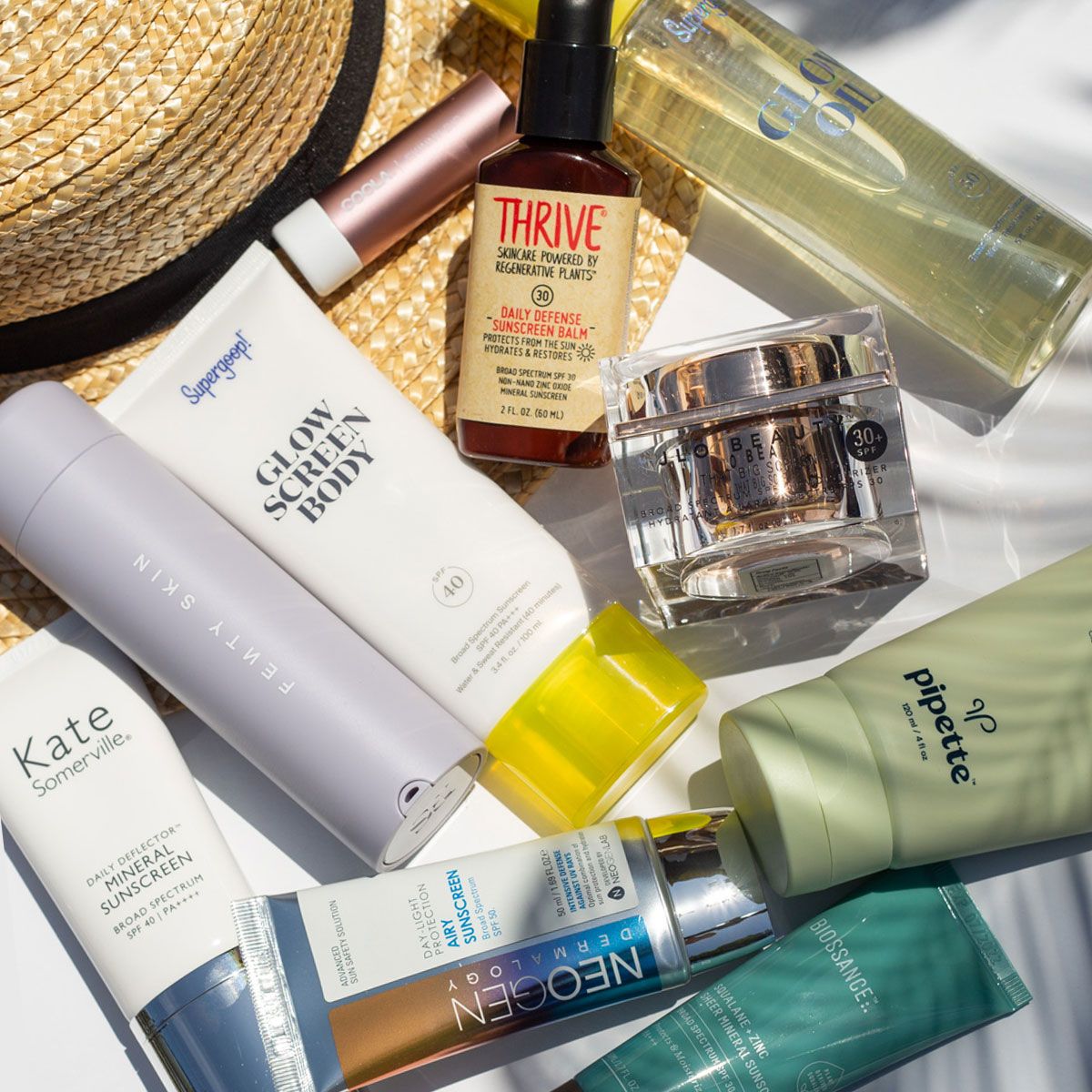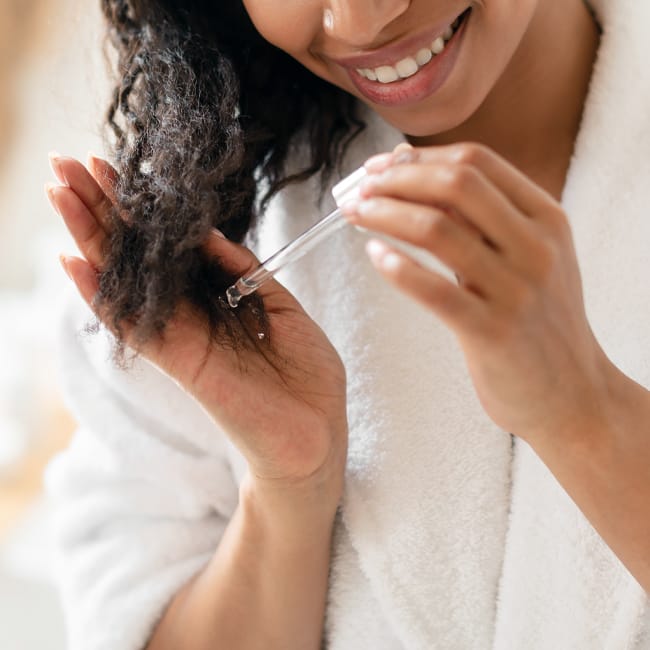SheFinds receives commissions for purchases made through the links in this post.
It’s that time of the year again — well, actually, every time of the year should be THAT time of the year — the time when sunscreen becomes the most important product you apply each day. Even those who have been neglecting SPF on cold winter days are getting ready to stash a few bottles of sunscreen in their bathroom cabinets. Whether you are a faithful sunscreen devotee or you know you could be better with your application, there’s a good chance your method when it comes to purchasing sunscreen is similar: shop according to SPF protection level, think about ingredients second or not at all.


The problem with this way of shopping for sunscreen is that it doesn’t take into account your individual skin type and skin needs. Similar to how you wouldn’t want to apply a toner made with harsh alcohols to dry skin or an oily serum to acne-prone skin, the same rule applies when it comes to SPF. Different sunscreens work best on different skin types.
If, every time you apply a certain sunscreen, you wake up with a new pimple (or three) the next day, or you notice more blackheads on your nose than usual, it isn’t your imagination: your SPF could be the culprit.
“Sunscreen is essential for protecting your skin from harmful UV rays, but some ingredients can potentially clog pores, especially for those with acne-prone skin,” says Dr. Hannah Kopelman, and I am a soon-to-be dermatology resident who has already completed two clinical fellowships in dermatology – cutaneous oncology from Boston University and hair loss from Columbia University. “Two common types of sunscreen that might cause this issue are chemical sunscreens and some oil-based sunscreens.”
Here’s what you need to know about both — and better alternatives.

Chemical sunscreens:
These sunscreens contain organic compounds that absorb UV radiation, like avobenzone, oxybenzone, octinoxate, and octisalate, Dr. Kopelman says. “Some of these ingredients have been associated with pore-clogging, irritation, or breakouts in sensitive or acne-prone skin.”

Oil-based sunscreens:
“Some sunscreens contain oils that can potentially clog pores and cause breakouts,” Dr. Kopelman says. “Ingredients like coconut oil, mineral oil, and other heavy, comedogenic oils can contribute to this issue.”

For acne-prone skin, it's generally safer to use a mineral or physical sunscreen that contains non-comedogenic, non-irritating ingredients, according to Dr. Kopelman. “These sunscreens use zinc oxide and/or titanium dioxide as active ingredients to provide a physical barrier that reflects UV rays away from the skin,” she says. “They are less likely to cause breakouts and irritation.”
When choosing a sunscreen, Dr. Kopelman advises looking for the following features:
** Broad-spectrum protection (protects against both UVA and UVB rays)
** SPF 30 or higher
** Non-comedogenic (won't clog pores)
** Oil-free and fragrance-free
** Formulated for sensitive or acne-prone skin

Which sunscreens should you use for acne-prone skin?
Since we know dermatologists have access to all of the best skincare, there’s something comforting about discovering that so many of them choose sunscreens that are relatively affordable. Some specific sunscreen recommendations for acne-prone skin that Dr. Kopelman recommends include:
** EltaMD UV Clear Broad-Spectrum SPF 46: “This sunscreen is specifically formulated for acne-prone and sensitive skin,” she says. “It contains niacinamide, which can help reduce inflammation and improve skin texture.”
** La Roche-Posay Anthelios Clear Skin Dry Touch Sunscreen SPF 60: This oil-free, non-comedogenic sunscreen offers high protection and a matte finish suitable for acne-prone skin, according to Dr. Kopelman.
** Neutrogena Clear Face Liquid Lotion Sunscreen SPF 55: “This lightweight, oil-free sunscreen is designed for acne-prone skin and provides broad-spectrum protection,” Dr. Kopelman says.
These sunscreens will keep you protected from harmful UV exposure while also respecting your skin type and not contributing to acne.


























